Mortgage Stress

Are you struggling to make your home loan repayments?
If you are finding it hard to meet your home loan repayments due to a life event or reduced income, you can speak to your bank and ask for hardship assistance.
Hardship options - how your bank can assist
- Provide more time to make repayments
- Reduce repayments for a period of time
- Provide an option of no repayments (a moratorium) – this can include no repayments, interest or fees for a period of time
- Provide a contract variation – reducing your repayment amount, including interest only which may extend the time you need to repay your loan.
Before speaking to the bank
Prepare your budget
Look at your income and regular spending. Can you increase income or reduce costs?
To work out your budget, use this budget tool by filling in your income and regular spending. This is a useful tool to have when speaking to your lender.
- If this is a short-term hardship situation, work out how much you can afford to pay, after you pay for food and basic living expenses. It’s important to continue making payments for home insurance and council rates, or give them a call if you are struggling. They may be able to provide assistance too.
- If you are unable to make any repayments or meet reduced repayments for more than 2-3 months, speak to a financial counsellor about your situation. They can help you contact and negotiate an affordable hardship arrangement with your bank or identify other options that may be available to you.
Speaking to your bank to apply for hardship
- Have your budget handy and call your bank. Ask to speak to the hardship team.
- Explain the reason your situation has changed – it’s ok if they ask for evidence such as a separation certificate from your last place of work, reduced income, medical letter from GP.
- Speak to your bank to decide how long you will need assistance for. Your bank may offer a short-term arrangement and then a longer arrangement after that if your situation hasn’t improved.
- Your bank will ask about your income and expenses – use your budget to help answer these questions.
- Don’t be shy to ask your bank what assistance they can provide.
- If you are not happy with the solution your bank provides, you can call a Financial Counsellor for advice or lodge a dispute with the Ombudsman.
Keep in mind
- Hardship may be listed on your credit file and will stay there for 12 months
- Making smaller mortgage repayments now could increase the total interest and time it takes to pay off a loan
- It is best not to agree to make a payment you cannot afford.
How to contact a Financial Counsellor
You can speak to a Financial Counsellor for further advice through the National Debt Helpline 1800 007 007. This is a free and confidential service.
How to lodge a complaint
To lodge a dispute with the Ombudsman, you can visit the Ombudsman at www.afca.org.au. This is an independent dispute resolution service where a case manager will be appointed to work with you and your bank to seek a suitable outcome.
Additional information
Insurance for illness or injury*
If you stopped working due to injury or illness, you may have income protection insurance and/or total and permanent disability insurance (TPD) cover in your superannuation policy. Check your superannuation statement. If you have insurance, contact your super fund to make a claim or seek advice from a superannuation lawyer to see if you are eligible to make a claim.
Accessing Super
Under limited circumstances it may be possible to access you super to assist in paying your mortgage arrears. You can find further information at the National Debt Helpline or speak to Financial Counsellor for advice and to see if you are eligible.
Ways Australians have beaten mortgage stress
If you’re in a position to work more hours comfortably, read the article 5 Ways to Beat Mortgage Stress for some ideas Victorian homeowners have used to successfully boost their income.




